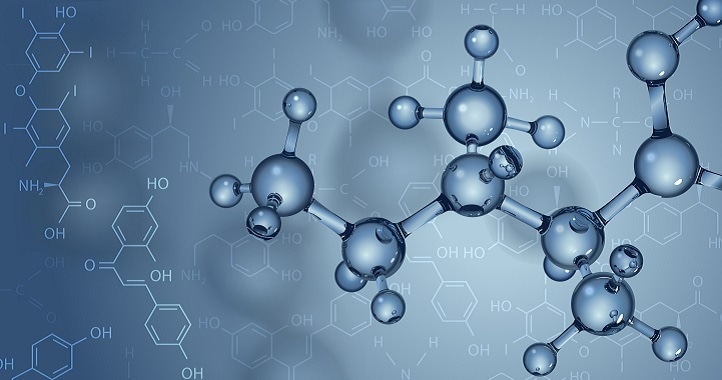Oct 30 2018
A KAUST-designed metal-organic framework (MOF) could make the removal of carbon dioxide (CO2) and hydrogen sulfide (H2S) from natural gas more efficient.
 Once stripped of contaminants, natural gas burns much more cleanly that other fossil fuels. (© Yevhen Tarnavskyi/Shutterstock, Inc.)
Once stripped of contaminants, natural gas burns much more cleanly that other fossil fuels. (© Yevhen Tarnavskyi/Shutterstock, Inc.)
Eliminating impurities from natural gas in this way could help Saudi Arabia to make greater and cleaner use of its copious natural gas supplies, which can comprise of high levels of these two impurities.
The technology could also support increased use of natural gas and other industrial gases comprising H2S and CO2 globally, to gain potentially large environmental and economic profits.
Natural gas is largely made up of methane (CH4) and smaller amounts of other useful hydrocarbons, along with certain impurities.
Once the contaminants are stripped, natural gas burns a lot more cleanly compared to other fossil fuels: it does not release any sooty particulates, and emits lesser amounts of CO2 and polluting oxides of sulfur and nitrogen.
The technology will aid Saudi Arabia’s Vision 2030 program which is aimed at decreasing the kingdom’s reliance on oil and formulating new environmentally sustainable technologies. This initiative includes the goal to source 70% of energy from natural gas.
MOFs comprise of metal clusters or metal ions held together by carbon-based organic chemical groups called linkers.
Reorganizing different linker and inorganic molecular building blocks modifies the chemical properties and size of the pore system in MOFs and enables them to perform a number of useful functions.
Meeting this challenging target will require enhanced use of sources of natural gas that initially contain significant levels of H2S and CO2. The challenge we met in this work was to develop a fluorine-containing MOF with pores that allow equally selective adsorption of H2S and CO2 from the natural gas stream”
Youssef Belmabkhout, KAUST
The study was carried out by a group in the KAUST Advanced Membranes & Porous Materials Center, led by Professor Mohamed Eddaoudi.
This center has a long history of producing MOF adsorbents for a number of applications, including gas storage, catalysis, gas sensing and gas separation.
A lot of the research on upgrading natural gas was sponsored by the Saudi national petroleum and natural gas company Aramco. “The interest of Aramco certainly corroborates the importance of this work for the kingdom,” adds Eddaoudi.
There is also a new ongoing project with Aramco; it will explore scaling up the procedure in anticipation of commercial exploitation. Additional research on enhancing the chemical features of the MOF is also being discoursed with other industrial partners.
This is about much more than chemistry. It is about combining chemistry, chemical and process engineering, physics and computation together with industrial partners to advance the economic use of a natural resource.”
Youssef Belmabkhout, KAUST